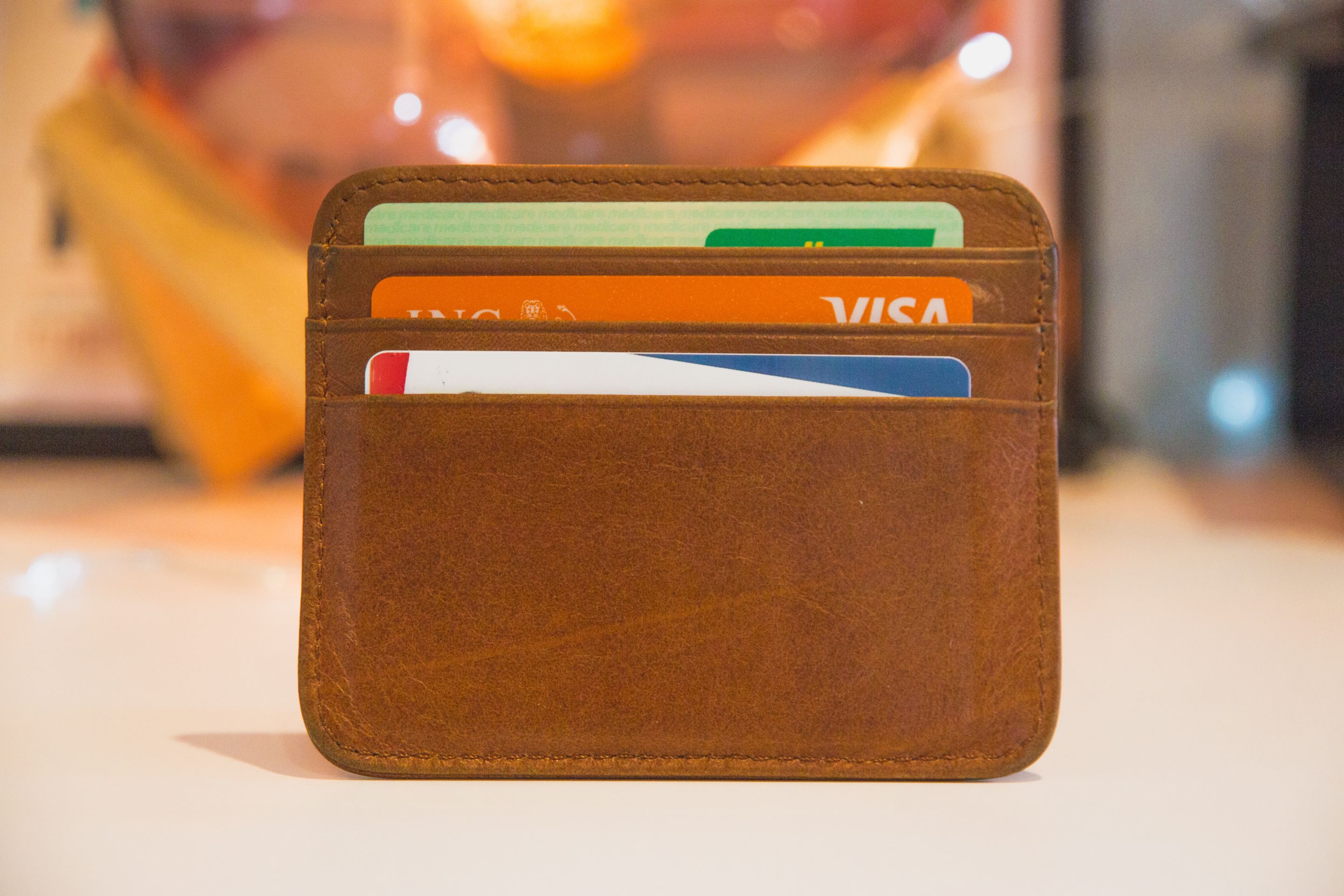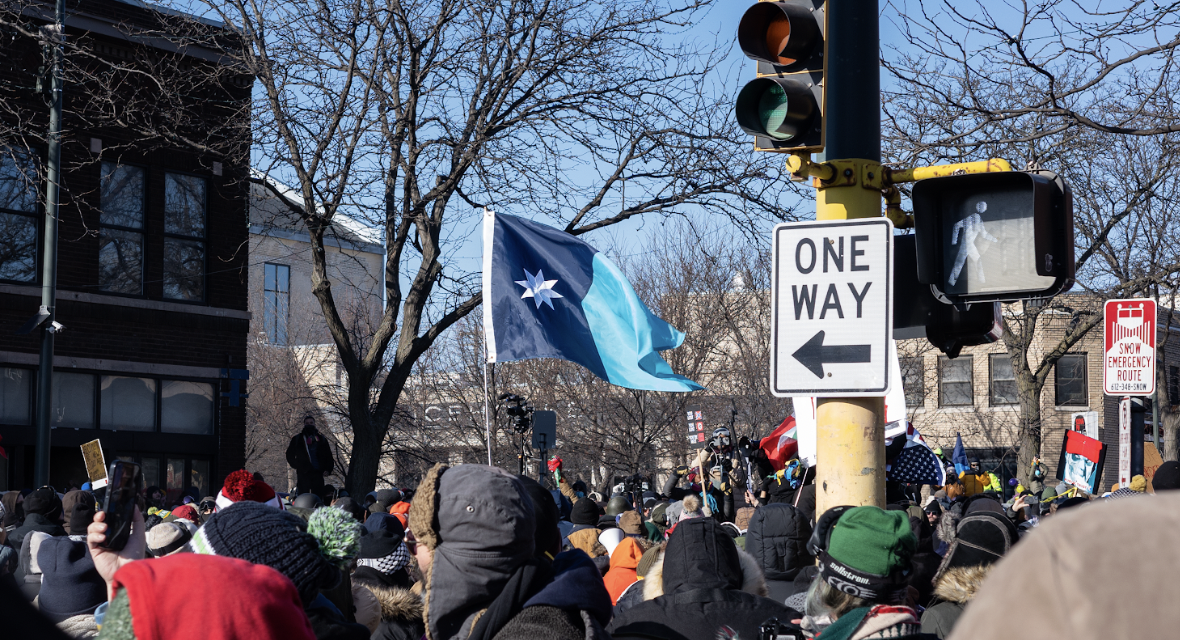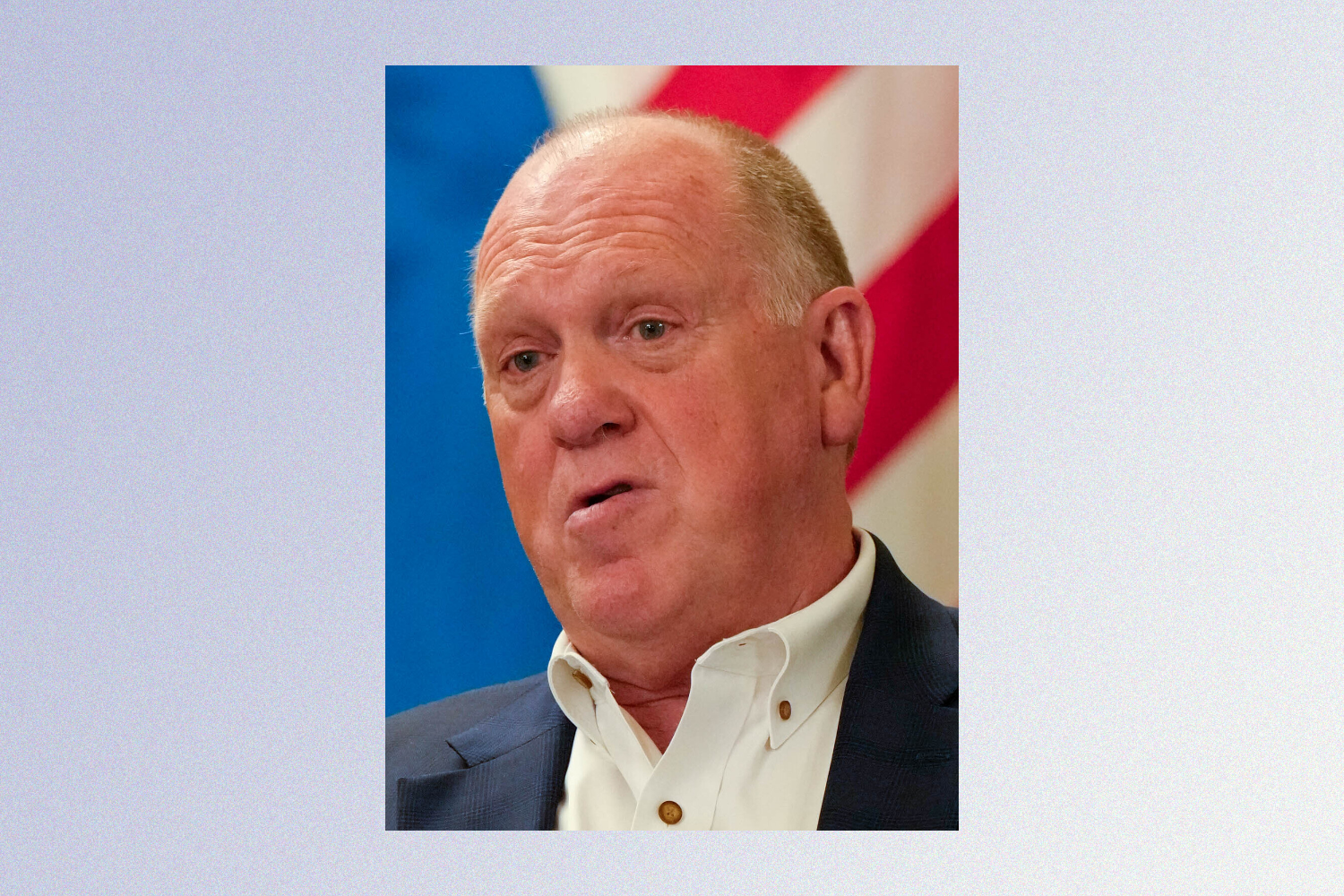Welcome to Racket’s Money Journal series, where you can snoop on the finances of an anonymous Twin Cities neighbor. Interested in submitting your own? Email jay@racketmn.com for instructions on over-sharing the monetary details of your life! H/T to Refinery29 for pioneering a tremendous concept that we’re excited to localize.
Personal Information
Job: English teacher at a public high school
Age: 37
Neighborhood: South Minneapolis
Education: Master’s degree
Salary: $90,000
Partner’s salary: $55,000
Dependents: Two toddlers and a baby on the way
Estimated net worth: About $50,000, though $20,000 of that is in a VEBA account that I can only spend on healthcare
Debt
Credit cards: $0. We have Amazon and Target credit cards in addition to a generic credit card. We reap the rewards, but pay off balances weekly.
Vehicle: $0. We have a used 2016 Subaru we paid off a couple years ago and a 2007 Honda we bought outright.
Divorce agreement: Not yet. I think. Oh god, what did I do?
Assets
Retirement accounts: Around $20,000 in a 403(b) and untold thousands in a defined benefit, state-run, educator pension.
Non-retirement cash (spend and savings accounts): $10,000
Investment accounts: $5,000
Monthly Income
Paycheck amount: $2,203 twice a month plus around a couple hundred more for serving as a negotiator for my union’s teacher contract every couple years.
Monthly Expenses
Mortgage: $1,600
Utilities:
- Electric: $53
- Gas, water, trash/recycling, sewer: $43
- Phone: $91
- Internet: $50
Insurances:
- Health: $170.20
- Dental: $38.66
- Disability: $11.63
- Car: $176.50
- Homeowners: $283.53
Retirement: 7.5% of my pre-tax salary every pay period goes into my defined benefit pension; my employer matches 8.5%. $87.50 goes into my 403(b) with my employer kicking in $62.50.
Gas: I have three years of trend data because I am a tedious nerd! We average $200.79.
Groceries: $550.44
Subscriptions: Minnesota United season tickets ($76.13), New York Times digital, games, and cooking ($24.99), Netflix ($21.59), Minnesota Public Radio ($20), Star Tribune digital ($19.16), Max ($17.27), New York Public Radio ($11), YouTube Premium ($10.79), Consumer Reports digital ($10), Radiotopia ($9), Racket ($8.33) (Editor’s note: hell yeah), Washington Post digital ($7), Fair State Brewing ($5).
Money Talk Q&A
Did your family talk about money growing up?
I spent the first half of my childhood with my birth mother, which included stretches of homelessness. During that time, there just was not much to talk about regarding money, though my mother did share occasional details. I joined a new family with my adoption at age 12 and they were very open about their income and budgeting process.
Did you worry about money growing up?
Until my adoption, money was a constant concern. We moved frequently, chasing lower rent and dodging abusive landlords. It was a special occasion when my mother would order pizza delivery from one of the places in town that accepted checks. She would write a check, knowing it would bounce, so that we could have that special treat once in a while. With my adoption, money ceased being a concern. My parents were retired and coming to the end of running a foster care for 40 years. They shared their annual income, $55,000, and that they had no debts—not even a car payment. I received a basic allowance of $1 per day that I did my chores around the house. We ate out occasionally and frequently took trips by car or airplane.
At what age did you become financially independent?
Yikes. Virtually never? I moved out at 20 and paid my way through college with no assistance—my adopted parents socked away enough money received from the state to put me through community college after high school. However, I went to my birth mother for help after I accidentally went to a dentist not covered under my insurance plan. When I began dating the woman who became my wife, I routinely relied on her to cover deposits when we moved apartments. Despite making twice what she makes, she is a better saver and always had more cash on hand than I did until we married and joined finances. I now see the magic in not living paycheck to paycheck.
How did you learn how to budget your life?
Some of this is advice, including wisdom I took years to follow, such as treating myself like a bill and “paying myself first” by knowing what I plan to save and building the rest of my budget around that. The rest has been trial and error. I accumulated $10,000 in credit card debt while student teaching. That debt got switched to a 20% interest rate around the time of the 2008 financial collapse. I went crying to my birth mother, who wisely referred me to credit counseling, which helped me pay off that debt at a much more reasonable rate. Now, I put everything on credit cards, but I never spend what I do not have and I pay off balances weekly.
I initially lived paycheck to paycheck despite making a solid income, but as noted above, found myself embarrassingly unable to cover rental deposits as I moved around with my now-wife. I have subsequently become a much better saver. My wife and I track all spending and we have a monthly conversation to review trends and our savings as well as our financial goals. That sounds horrible, but my wife routinely expresses gratitude for that monthly conversation. Like most millennials I know, I am haunted by the divorce rates that afflicted the boomers. Knowing that disagreements over finance were a major factor in those divorces, I wanted to head that off in my own marriage.
Have you ever received inherited income, major financial gifts, or large insurance payouts?
My maternal grandparents gave me a $500 certificate of deposit in my late teens, which I immediately squandered on booze and video games. My adopted parents carefully saved money received from the state for a program promoting the adoption of older children. They spent this money on braces and two years at community college. I was given the old family car, a 1996 Mazda Protege, for my move to Minneapolis in 2006. I was bailed out of a $1,000 dental bill incurred from my not understanding how insurance worked at 23 years old. Distraught at being unable to sell back a diamond engagement ring in my mid-20s without taking a major loss, my birth mother bought that for about $1,000.
Do you worry about money now?
Increasingly, yes. My financial goal has always been, most broadly, to not have to think that hard about money. For years prior to having kids, I never had to think twice about an invitation to go out to dinner, partially owing to a sufficient income and my naturally cheap habits—thanks, childhood poverty! However, I now spend $1,600 per month on daycare for two kids under four, which is quite a bit despite that being really cheap relative to the horrifying averages people spend in Minnesota. We are expecting our third child in September, which will bring our monthly bill to $2,400. Totalling up our subscriptions for this piece prompted a productive shame spiral that led to my canceling around $43 worth of monthly bills. Thanks, Racket! (Editor’s note: We pray Racket made the cut...)
How much do you think a person or household needs to earn to live comfortably in the Twin Cities?
My idea of comfort involves not having to think too much about money. I have mostly accomplished that on my individual income of $90,000 and my household income of $145,000. Keeping up with maintenance and repairs—we had insulation work done on our home before realizing we would need to replace our central air—has become more challenging with our family set to grow, so I would love to see us closer to $160,000 for a family of five.
Money Journal
Day 1
11:32 a.m.: $20.34 for groceries
Day 2
9:14 a.m.: $11.72 for coffee before hitting the road for a friend’s cabin
12:32 p.m.: $30.80 for Taco Bell on the road
3:10 p.m.: $60.11 for groceries to share with friends for the weekend
5:35 p.m.: $54.07 for whiskey as a thanks for our hosts
Day 3
We spent nothing.
Day 4
1:04 p.m.: $19.48 for Chipotle on the road back home from a friend’s cabin
2:20 p.m.: $29.10 for two quarts of motor oil
2:25 p.m.: $50.67 for gas
3:45 p.m.: $5.17 for snacks on the road
Day 5
9:50 a.m.: $4.80 for donuts with my eldest son
11:05 a.m.: $14 admission for a museum with my son
12:55 p.m.: $25 for a T-shirt from a local business I want to support
1:30 p.m.: $48.55 for groceries
6:15 p.m.: $48 for dinner for our family of four at a neighborhood restaurant, including $12 (!) for a god damned shake at that restaurant
Day 6
9 a.m.: $2.25 for daily parking for my wife at her job (she fortunately only has to go in twice per week)
11:45 a.m.: $30.77 for a Target run of mostly toiletries
12:20 p.m.: $11.64 for a selfish McDonald’s run for myself
1:30 p.m.: $51.09 for gas
Day 7
9 a.m.: $2.25 for daily parking for my wife at her job
5:19 p.m.: $10.49 for takeout at Pizza Luce
3:30 p.m.: $128.72 for beer and whiskey for an upcoming bottle swap with friends
7:45 p.m.: $22 for drinks out with a friend







